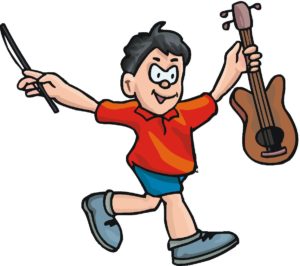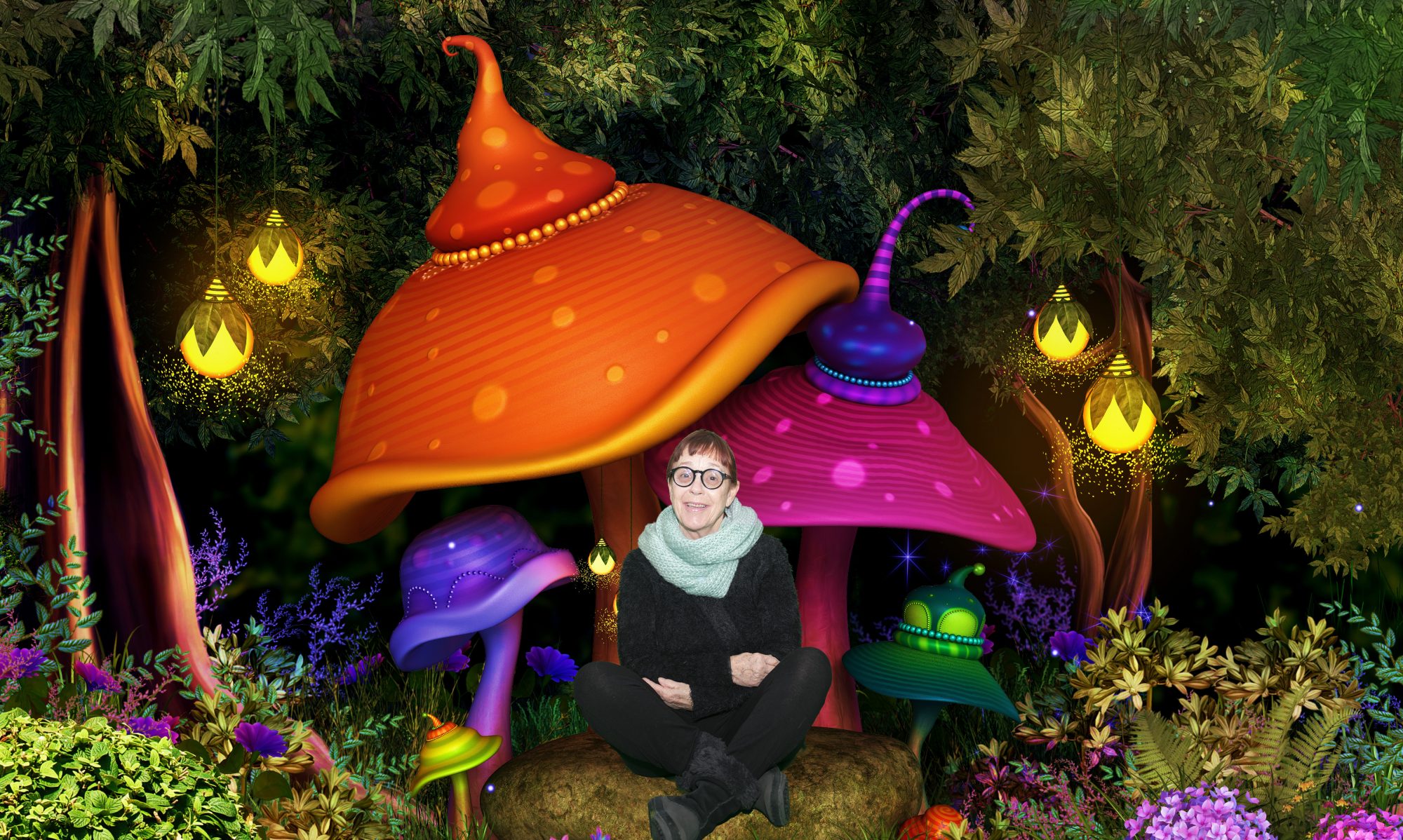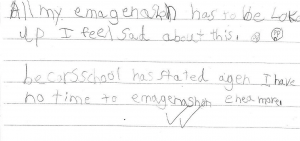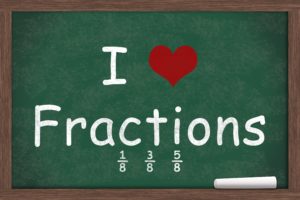
“Yea, music is the prophet’s art; among the gifts that God hath sent, one of the most magnificent.”
Henry Wadsworth Longfellow
Music is the first intellectual capacity to develop. Children respond in a positive and specific way at birth to the human voice. It seems that even while in utero the baby develops some musical ability. Babies in the womb are affected by many sounds-tones from their mother’s speech, laughter, singing, sound of mother’s heart, muffled sounds of music from radios and CDs and other’s talking. Music is one of the eight intelligences identified by Howard Gardner and indeed a very important one!
“In many ways music and rhythm are more foundational to our species than language. They have a power to evoke and express that no other medium expresses. Mothers use it to lull their children to sleep. Armies march to war to the beat of drums and national anthems. The use of chanting as a religious practice has been a part of every major world religion. And of course, the development of a wide variety of folk music has been used for entertainment and dancing, as an expression of grief, and as a declaration of love”
Eight Ways Of Knowing, by David Lazear, Hawker Brownlow 1999.
We can observe this intelligence at work as we watch young children enjoying singing, dancing, swinging their legs and enjoying the rhythms and beats of nursery rhymes. Children are delighted by music and certainly this is an important intelligence for many reasons-not just for enjoyment. Music is a civilising intelligence and our lives are all the richer for its development. It unites us and helps our children develop a sense of community.
We know that children can be helped to remember important facts by making up songs about them e.g. in grammar- Nouns are people, places things, just like desks, Marie and rings………..
Teachers are beginning to incorporate musical intelligence into all parts of the curriculum as it enhances learning as well as increasing enjoyment.
Children can be enthused by certain types of lively music and soothed by quiet lullabies. Tense, worried children can be helped to relax and improve motivation.
We all possess some degree of musical intelligence, whether or not we sing or play instruments. We can help our children to improve this intelligence through the following strategies:
Encouraging children to listen to many types of music and draw their emotional responses is an excellent way to stimulate this intelligence. Whenever possible take children to concerts and expose them to as many varieties of music as possible. Develop the habit of singing along as a family.
Playing “Brain enhancement” music to help children retain information and learn new material. Mozart and other Baroque composers are ideal for this. This of course is also very helpful for adults who are trying to learn study or just think more effectively.
Singing stories such, as OLD MACDONALD and AN OLD LADY WHO SWALLOWED A FLY are excellent ways to improve reading while having fun! Make up RAPS and songs about events or items to be learned.
Read children plenty of poetry, as this will encourage a sense of rhythm and appreciation of the sounds and cadences of the English language. Encourage the children to make up nonsense rhymes such as “One, one, eat a cream bun……..
Using chopsticks for to tap out rhythms of rhymes is great fun!
Try using percussion instruments for playing while learning times tables or buy one of the excellent commercial music CDs to help children learn these important skills.
Use music to teach the alphabet and phonics sounds essential to learning to read in English.
Changing the words of well known songs e.g. Twinkle, twinkle little star, my Daddy drives a motor car…….
Making up family songs. E.g. we love our family, of yes our family, we sing together all the time. We love each other. We help each other and we are happy to be close-to the tune of You are my sunshine/
Study and listen to great composers. There are many excellent books and music CDs for families to practise together.
Clap out the beats (syllables) in much loved songs and make up fun dances.
Celebrate the rhythms of nature together-the turning on day into night, months, seasons, celebrations. Rhythms are integral to our human existence and children delight in the celebration of all the changes and rituals associated with these rhythms.
Go outside with your children and listen to the “music” of the breeze in the trees or the “swishing” of grass
Listen to music from different cultures as this increases musical intelligence as well as enlarging our understanding of each other and our traditions.
These strategies will help your children (and yourselves) to develop this wonderful musical intelligence and don’t forget the amazing music of silence as this can heal us and help our brains to prepare for the next beautiful melody we meet!





